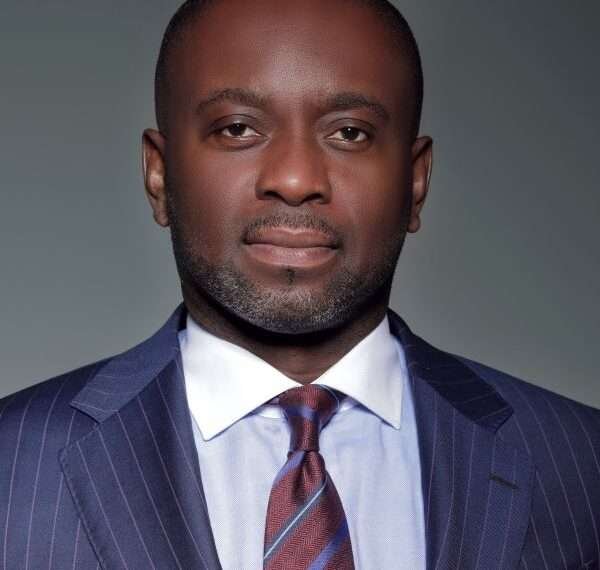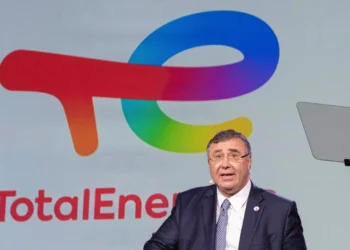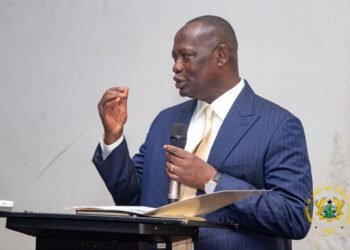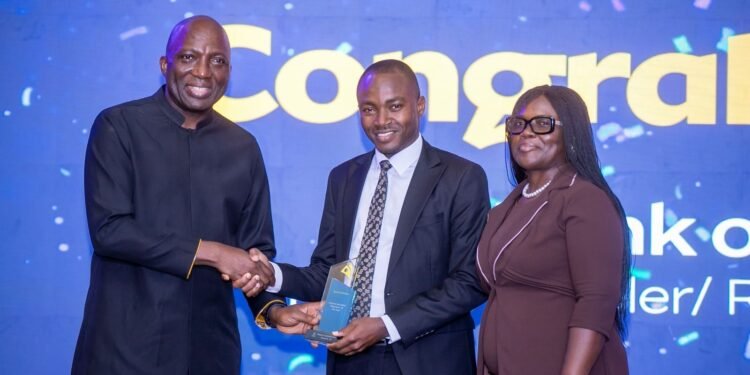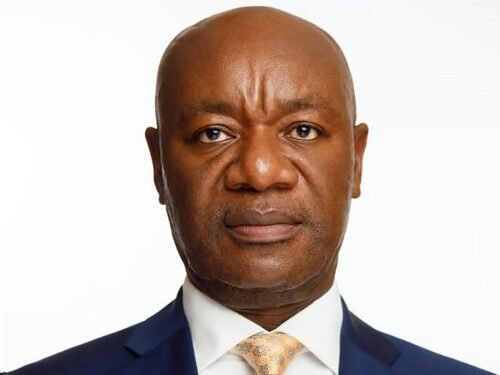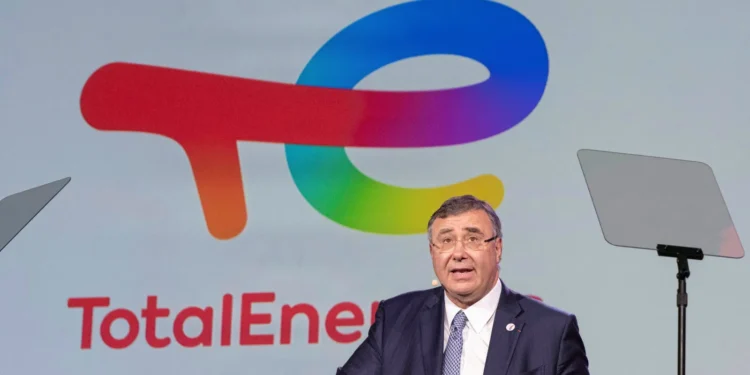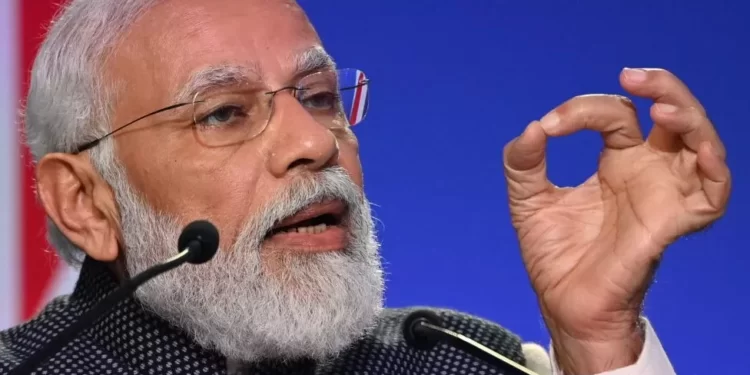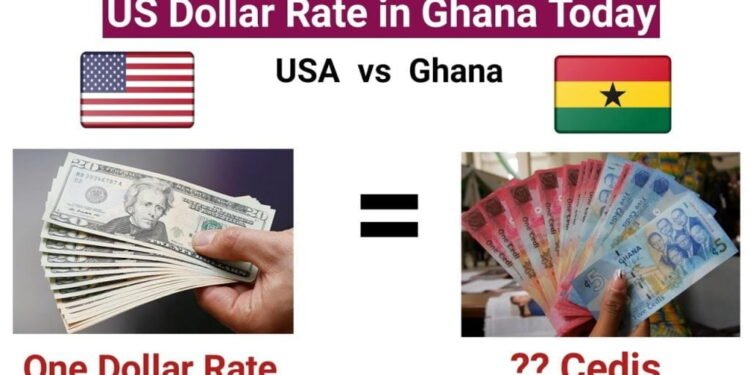The Minerals Income Investment Fund (MIIF) has achieved remarkable financial success in 2023, recording a net profit of GHS 409 million, nearly doubling its 2022 profit of GHS 205 million.
This significant growth reflects a robust strategy and effective management, allowing the Fund to defy global economic challenges and position itself as a key player in Ghana’s economic landscape. The increase in revenue from GHS 323 million in 2022 to GHS 456 million in 2023 further highlights the Fund’s upward trajectory.
Under the leadership of CEO Edward Nana Yaw Koranteng, MIIF has embarked on an ambitious revaluation of its assets, including the Government of Ghana’s equity interest in mining companies. This initiative is expected to boost the Fund’s Assets Under Management (AUM) to an impressive US$1.5 billion by the end of 2024, a significant leap from the US$195 million AUM recorded in 2021. This growth positions MIIF as one of the fastest-growing specialty sovereign wealth funds globally.
According to Mr. Koranteng, the Fund’s growth is grounded in the vision of President Nana Addo Dankwa Akufo-Addo to maximize the value Ghana derives from its mineral resources. The Fund’s success over the past year can be attributed to several factors, including expanding its royalties base, strategic investments, establishing a gold trade desk, and effective treasury management.
Expanding the Royalties Net
A key driver of MIIF’s revenue growth has been the expansion of its royalties net. Traditionally, gold has been the primary contributor, accounting for about 99% of royalties. However, MIIF has broadened its scope to include previously untapped minerals such as medium-scale gold, sand winning, and salt. Royalties from quarries, limestone, and silver have also seen significant increases.
The expansion was made possible by two major initiatives. First, the establishment of an inter-agency framework and task force in 2022, comprising the Ghana Revenue Authority (GRA), Minerals Development Fund (MDF), Ghana Standards Authority, Minerals Commission, and the Economic and Organized Crime Office (EOCO). This framework enhances the collection of royalties, expands the royalties net, and streamlines communication on royalty payments from non-gold mining companies.
Second, MIIF developed an in-house geomapping, tracking, and monitoring system, enabling real-time tracking of mining activities across Ghana. This system ensures timely royalty payments and strengthens MIIF’s ability to monitor mining operations effectively. As a result, royalties from minerals such as silver, salt, and sand winning have contributed to MIIF’s impressive financial performance.
Dr. Kennedy Abrokwa, Head of Business Development at MIIF, emphasized that with new gold mines such as Cardinal, Bibiani, and Chirano coming online, along with investments in salt and discoveries of lithium and graphite, the royalty base is expected to triple over the next five years.
Strategic Investments and Future Outlook
MIIF’s investment strategy is closely aligned with Ghana’s industrial policy, focusing not only on increasing equity holdings but also on developing the entire value delivery system connected to each mineral type. Mr. Koranteng highlighted the importance of diversifying the mineral base and investing in the value chain to ensure long-term economic transformation. For example, MIIF’s investments in salt refining could significantly impact industries such as textile manufacturing, food processing, pharmaceuticals, and petroleum. Similarly, lithium investments could support the growth of battery and automobile manufacturing, fiber glass, and ceramic production.
MIIF’s major investments include over $40 million in the Chirano and Bibiani gold mines under Asante Gold Corporation, increasing Ghanaian interest to approximately 45%. The Fund has also become the third-largest shareholder in Atlantic Lithium globally, with a 19% stake in the Ewoyaa project mine. Additionally, MIIF has invested GHS 300 million in the Ada Songhor Salt project under Electrochem Ghana, positioning it to become the largest producing facility in Africa.
Looking ahead, MIIF is reviewing investment opportunities in three large-scale gold mining companies in Ghana, including exploratory and commercially proven graphite in northern Ghana and lithium processing with potential international co-investors.
Leveraging Capital Markets
In 2023, MIIF signed an MOU with the Ghana Stock Exchange (GSE) to create a practical framework for trading minerals securities on the GSE’s markets. The Fund plans to list all its investments on the GSE, starting with Electrochem by the end of 2025.
MIIF is also developing a gold-backed Exchange-Traded Fund (ETF) with the support of GSE and IC Securities, expected to be listed by the end of 2024. This ETF will provide Ghanaians and pension funds an opportunity to invest in gold-backed instruments, offering an alternative to government-backed securities.
MIIF’s commitment to developing the entire value chain extends to the small-scale gold mining sector through the Small-Scale Mining Incubation Program (SSMIP). This enterprise development initiative aims to formalize the small-scale gold mining sector by providing capital support, mining equipment, gold traceability mechanisms, and corporate governance training. The program also offers a ready offtake market through MIIF’s Gold Trade Desk, supporting licensed miners and promoting responsible mining practices.
The SSMIP’s ultimate goal is to create mid-tier gold mining companies in Ghana, formalize the sector, and eradicate illegal mining. The pilot phase, with an initial investment outlay of US$30 million, aims to cover over 100 companies within the next eight years.
Injecting $700 Million into Ghana’s Economy
In August 2023, MIIF commenced its Gold Trade Program, injecting over US$700 million into the Ghanaian economy. The program has attracted total inflows of US$719 million, with US$531 million traded as foreign exchange with Bulk Distribution Companies (BDCs) under the Chamber of Bulk Oil Distributors (CBOD). MIIF’s Gold Trade Program has provided a stable source of forex for BDCs, supporting the Government’s gold-for-oil program and stabilizing fuel prices for Ghanaian consumers.
Building on the success of the Gold Trade Program, MIIF plans to onboard private banks and institutional investors to trade Ghana gold for forex through its platform. The Fund’s goal is to develop financing instruments for the mining sector, including derivatives, futures, and forwards, underpinned by the physical trade of commodities.
As MIIF continues to expand its royalties net, invest in value chains, and leverage capital markets, the Fund is poised to play a central role in Ghana’s industrialization and economic transformation.
READ ALSO: Ghana’s Treasury Bill Woes Could Fuel a Bull Market on the GSE- Analyst

